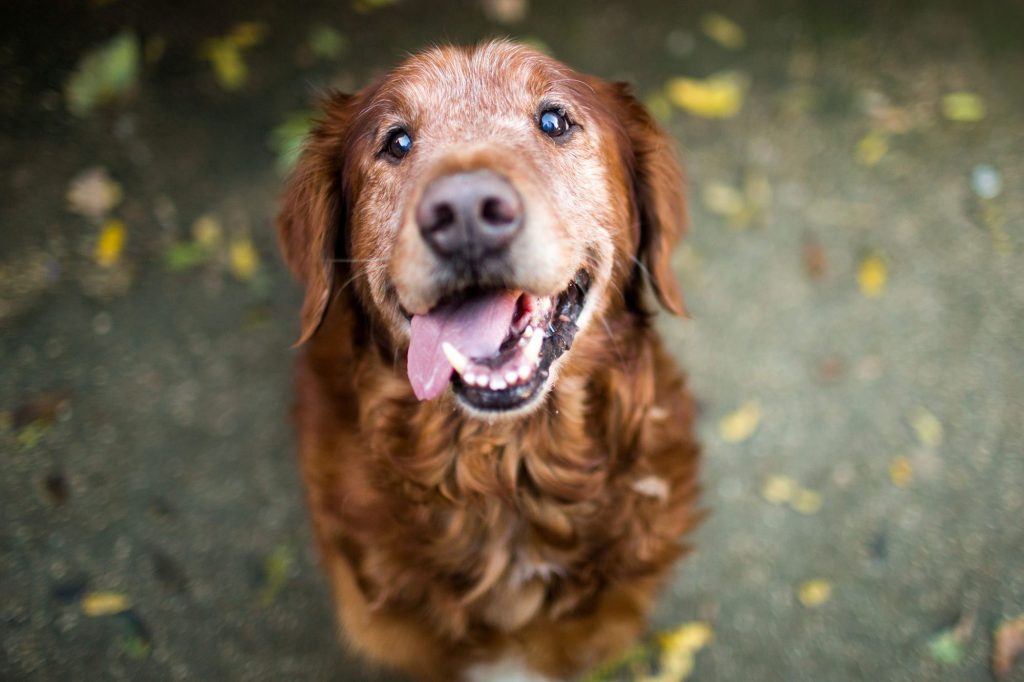Housebreaking an older dog can indeed be very tricky for dogs that have gotten used to another routine or have never been house-trained. Nevertheless, with patience, consistency, and positive reinforcement, you will manage to make your adult dog feel sure and secure in their new home. This text offers proven methods that guarantee successful house training of an adult dog, leaving you and your pet stress-free.
Why House Train an Adult Dog?
Whatever the reason, many adult dogs will require some house training. Some of the reasons include:
- Shelter or rescue transition: They have never lived in a house and may have spent most of their life outdoors.
- Life change: Upsets to routines can cause previously trained dogs to backslide.
- Never House Trained: Some dogs were just never house-trained and don't know what's expected in a home from them.
No matter the reason, your dog is able to learn. Much like puppies, it simply takes time, patience, and positive reinforcement to get them through it.
Step-by-Step Guide to House Training Your Adult Dog
Establish a ScheduleDogs are creatures of routine. Establish times of the day for feeding, bathroom, and walks to help your dog learn what is going to occur and when.
- Feed at scheduled times: This will help your dog to become regular, which will make it easier to determine when they may need to go outside.
- Designate potty times: These include first thing in the morning, after meals before bed, and regularly throughout the day.
- Pick a bathroom spot: Always use the same outdoor area. The smell from previous trips will remind your dog what they're supposed to be doing there.
Crate for Training
Crate training can be very effective in teaching your dog to hold their bladder; by nature, canines avoid defecation where they will be sleeping.
- Get the right size: big enough for your dog to stand up and turn around easily, but not large enough to let them use a corner for a bathroom.
- Gradually increase crate time: Start with short spans and gradually increase the spans so as to accustom the dog to being inside the crate. Never use the crate for punishment.
- Always supervise your free time: This means that once your dog is out of the crate, there should be a close eye on him. If you can't watch him, put him in the crate or enclosed area.
Take Frequent Breaks
While the bladder capacity of adult dogs is bigger than that of puppies, in the early stages of the housebreaking process, it is best to take him out a little more often.
- Take him out regularly: In the first stages, take him out every other hour to help get him into a groove without giving him ample opportunity to make accidents in the house.
- Reward outdoor success: Every time your dog eliminates outside, praise him and give him a treat to let them know that going outside is where it's at.
Clean Up Accidents the Right Way
Accidents are going to happen, especially during the beginning, you can be sure. Cleaning up accidents the right way will ensure your dog isn't attracted to the same area for elimination again.
- Use enzymatic cleaners: these break down the smell on a molecular level to try to get rid of the residual scent that may still be there to attract them to the same places for accidents in the future.
- Don't use strong chemicals: many cleaners use ammonia, and to your dog, this can smell much like urine, signaling to them that this is a good place to urinate.
Learn to Recognize Your Dog's Bathroom Signals
Each dog has unique behaviors showing he needs to go outside.
- Sniffing around
- Circling an area
- Whining or pacing
- Heading toward the door
If you see any of these behaviors, immediately take him outside.
Stay Consistent and Patient
This is the matter of consistency and patience; it might take some days, sometimes even weeks. Again, this is dependent on the experiences or personalities of the dog. Stick to the routine and avoid letting any setbacks defeat you.
- Consistent rewards: Continue rewarding them when they go out, no matter how inconvenienced you may be. This way, the desired behavior is enhanced in them.
- Don't punish them for accidents. Punishment will only leave your dog confused or scared, which might make potty training even harder. Instead, apply positive reinforcement
If Necessary, Ask for Assistance
If your dog appears to be struggling to learn, consult a professional dog trainer or behaviorist. Some dogs may have issues due to a medical condition that creates anxiety, thus affecting how fast they learn.
Conclusion
Housebreaking an adult dog requires much patience, dedication, and sometimes a bit of trial and error. With consistency, reward for good behaviors, and in the effective use of the crate, your dog will take to its new surroundings easily. Keep in mind that dogs learn at different paces; therefore, relish small successes and remain positive.
For outdoor training, check out Leash Boss Training Leashes.


